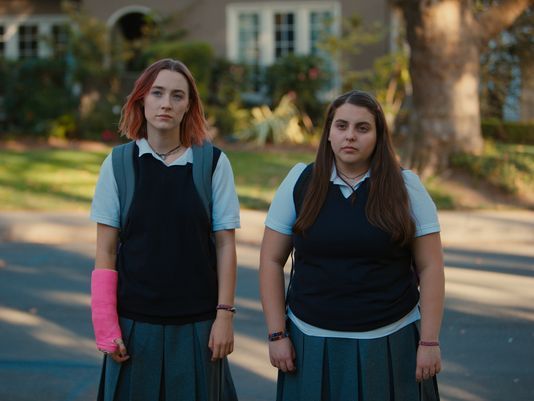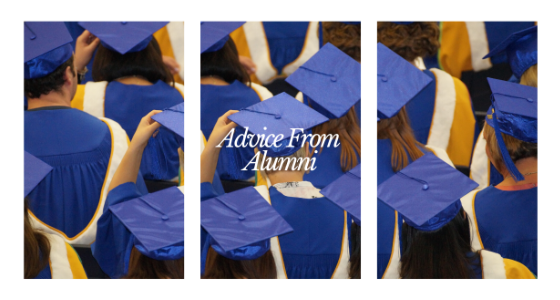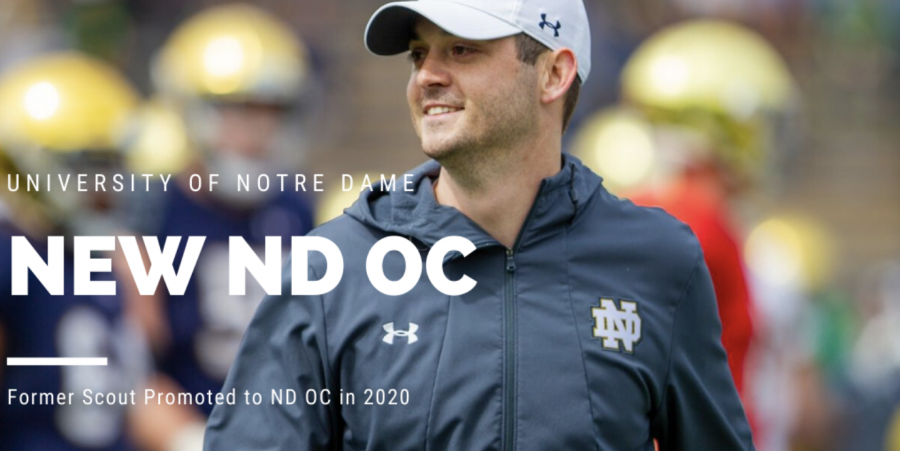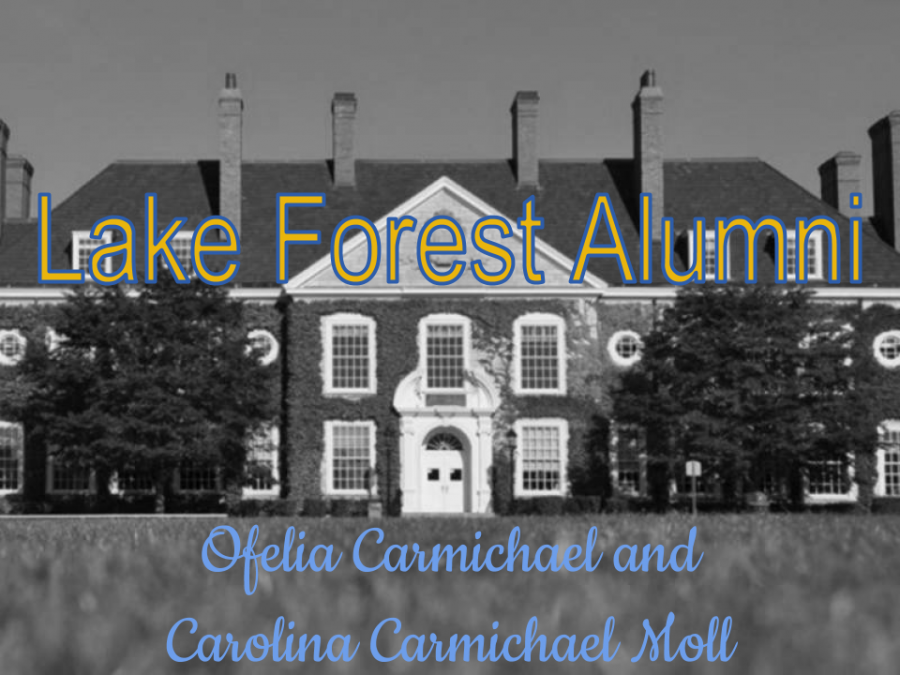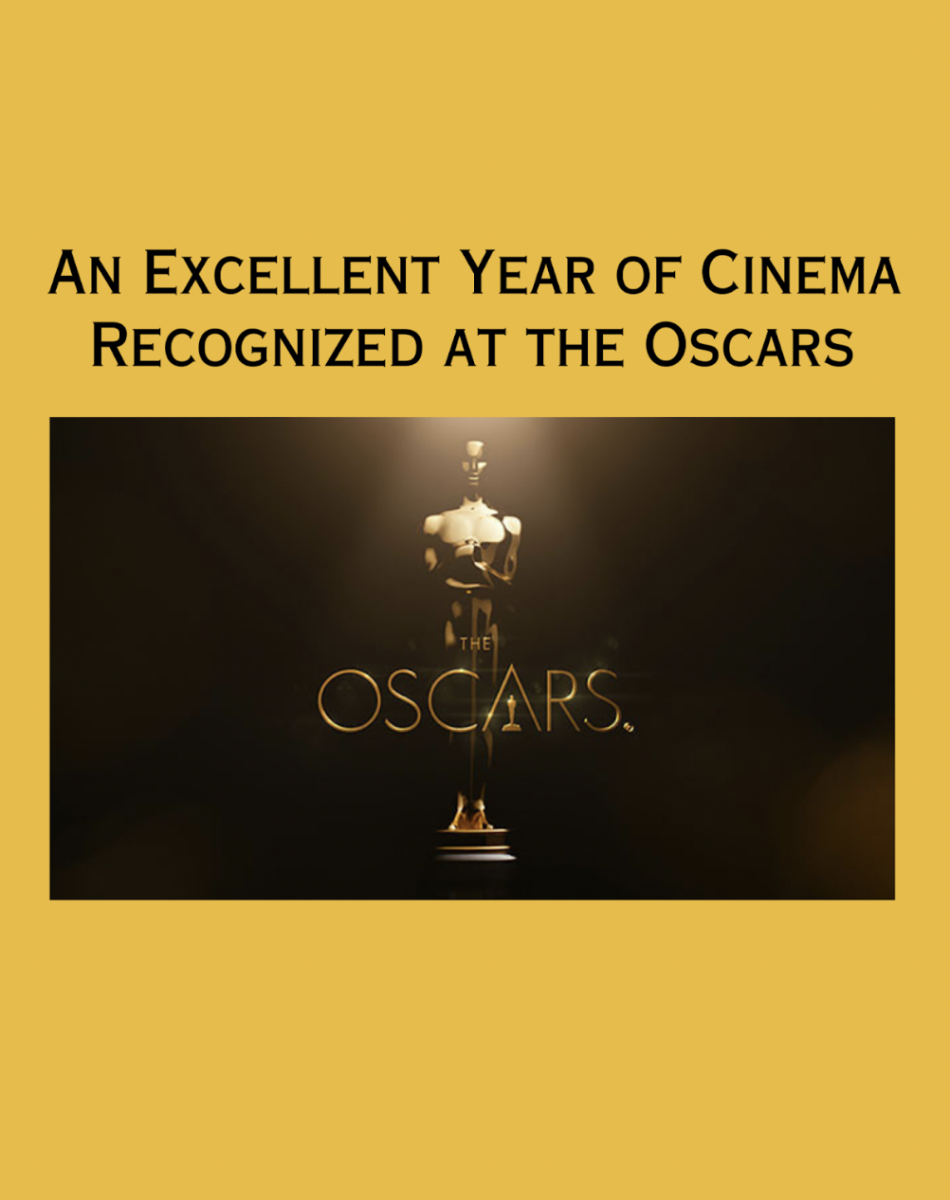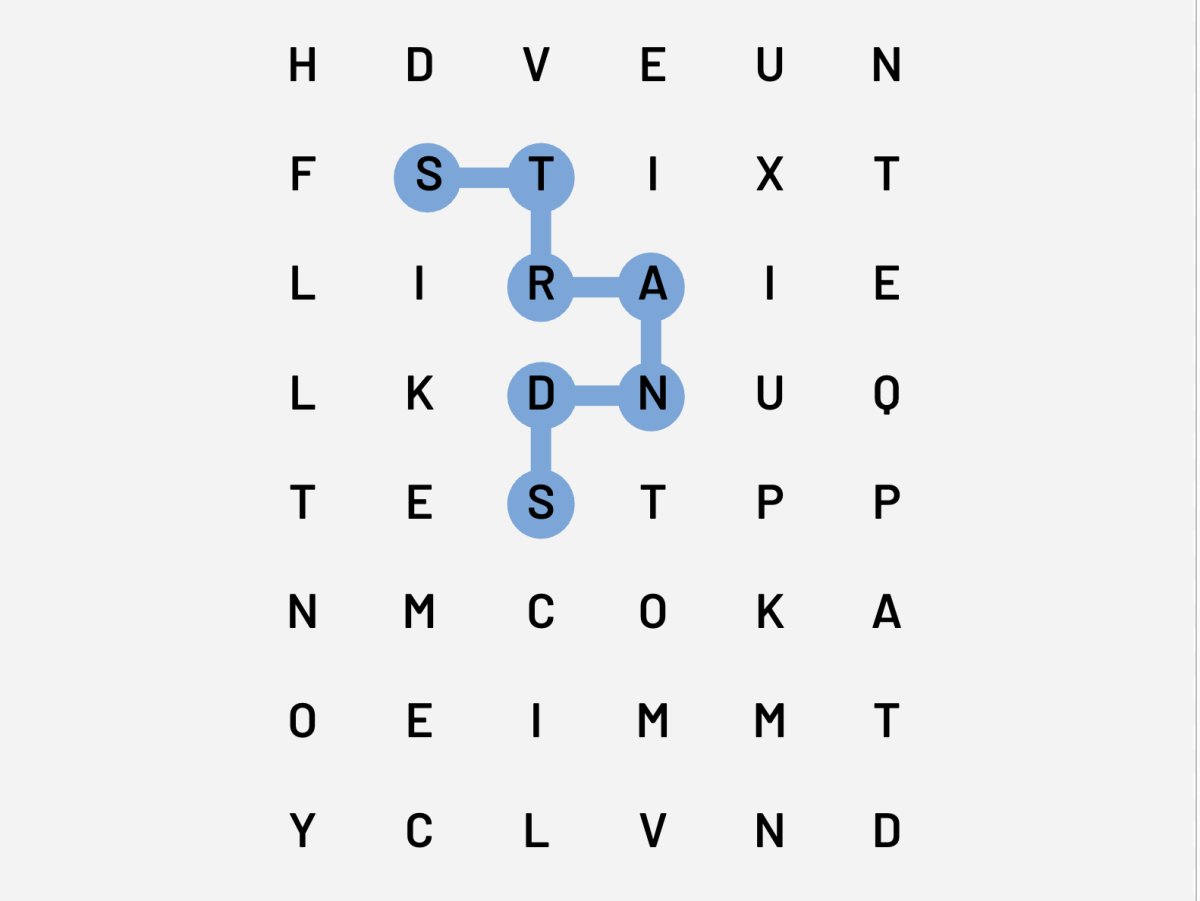This review was originally published on Tommy Block’s (2017) website, The Block Review. Visit the site to read a full assortment of his music and movie reviews. Block is now a freshman at the University of Illinois.
You may think you’ve seen Lady Bird before. That’s before you see it. It’s a shame that the movie boils down to such a familiar genre — I don’t want it to. Great coming-of-age films have preceded Lady Bird, but it doesn’t try to be any one of them. We’ve empathized, even sympathized, with teenage angst in the movies, though for the most part, the kids who we like ultimately get what they want, usually a dance with a girl or a kiss with a boy. Christine McPherson has such insatiable desire. She’s introduced to us as a force of suburban nature, swapping fierceness with amiability on the face of a dime. She challenges herself to be heard by her friends and family, and she likes challenges — hers, at least. She keeps her head up, but so little does she turn it anywhere else than forward. It’s as if she’s climbing a ladder that’s propped up against air. When we leave her, Christine has discovered that she doesn’t know what she wanted in the first place. Instead, she reflects upon who she has let go in trying to find out.
It’s her own ending, and it’s the best one we could have hoped for, both for her and the movie. With it, Lady Bird wraps up a level-headed study of aging, willing to lend its protagonist perception and wit without absolving her of her wrongs. Saoirse Ronan presents to us a flawed teenager who stands in her own way and hurts the people she doesn’t want to hurt. Miraculously, we care about her despite her vices, and we want her to overcome them. Before the world can become her oyster, she needs to thank the people who helped make it that way for her. How she succeeds (or fails) in doing so is one of the most endearing stories I’ve seen in a while. I’d call some pretty good films “something else.” Like Pariah, Boyhood, and Moonlight, Lady Bird is something else than something else.
The film is about the volleys of high school, which must appear as closely in writer and director Greta Gerwig’s rearview mirror as it does in mine. She and I would most likely agree that A.) in inching toward maturity, high school was really the first time you set aside wondering what you would be and contemplated who you would be, and B.) high school, with all its moving parts, was a metaphor for yourself, and it hurt the most when you hit the dead end to the path you had assumed you could follow to adulthood. Frankie Cosmos put it well in the song “What If”: “When you’re young, you’re too young / When you’re old, you’re too old.” You knew you’d finally struck truth when there was something disenchanting about the route you had followed to get there.
On the other hand, Gerwig also knows that at the same time it lobbed its slings and arrows, high school delivered assurance worth more than the sum of the people in the building. It’s the same way that Lady Bird is worth more than the sum of its characters, whom I not only believed but recognized. The film has its reminiscent quirks, drawing fond, effective laughs from the audience (in one bit, for example, I was reminded of how gym teachers stretched a manic affection for their job to the point of obsession). Gerwig, however, never scoffs or judges — her humor is warmer, sweeter than that. There’s no doubt that Lady Bird was made with a few sitcom clichés in mind, but we rediscover them here, having been cast in a fresh, touching light. Theater kids seem to make for an easy checkbox in high school comedies, though few writers ask why they would naturally stick together off the stage. Having seen Lady Bird, I guess that it would be weird for them to separate after they had shared so much with each other.
It’s through rehearsals for the school play that Christine (Ronan) meets a boy, played by Lucas Hedges. What he lacks in self-confidence he makes up for in chivalry, and the two fall quickly for each other. Neither of them are really poets of conversation, but they’re too giddy to get their words to come out anyway. To him and her schoolmates, she is “Lady Bird,” the title she’s given herself to spite convention and, to put it in a way, make a name for herself. Back at home, her parents — to her annoyance — still call her Christine, one of the remaining efforts to keep her as theirs. Christine is less glowing and more defensive than Lady Bird, yet the tension that precipitates around her parents isn’t all her fault. Her father (Tracy Letts, veteran of the Steppenwolf Theatre Company in Chicago) is relatively gentle, considering his job is hanging at the end of a rope. Christine rarely hears a “no” from him; it’s her mother, portrayed by an invaluable Laurie Metcalf, who Christine spars with. Metcalf’s character, Marion, wants to have faith in her daughter, but she can’t trust Christine to get into a reputable school with her spotty grades — it’s already enough that the family’s budget is tight. Christine wants to study where “writers live in the woods.” Marion has a hard time letting her down gently. Christine wastes no time biting back; in a painful scene, she vows to write her mother a check for however much she’s cost her parents over the years, just so she never has to see them again.
In lesser movies, the filmmaker would side with Christine over Marion. How frequently, I now notice, are the parent figures underwritten in adolescent narratives such as this? They are often either shorthanded as simple comic relief or swallowed by the domineering role of the villain. These characters have never been made for the adults in the theater, but I’m not so sure how they even resonate with kids. We first knew our parents by what they could give us, second by what they couldn’t give us, and lastly, when we had finally listened, by who they were: people. In Metcalf and Letts, Gerwig realizes two honest, gripping individuals who can’t hide their own limits from their children and put their control at stake. For this household, forgiveness isn’t mandatory, nor does it come easily. At times, it arrives too late. Listen to the bruised voice of Christine that whimpers from behind a dressing room door: “Mom, do you like me?” Marion, lingering outside, stammers for the right answer. “I love you,” she can reply for certain. Christine’s correction: “But do you like me?”
Lady Bird is set in Gerwig’s hometown of Sacramento, but it could just as easily describe any place where folks live and grow up without giving it a second thought. For every person in this film, I’ve met a similar one in my own life, and I imagine Gerwig has too. Christine’s problem isn’t that she needs to decide which people she’ll imitate; rather, she needs to decide which matter the most to her. She flies through a heap of episodes, but whether they’re victories or dilemmas, it isn’t long before she reels purely from how temporary they all are. That is when she begins to grow.
There are so many beautiful methods of displaying youthful strife without exoticizing it, and Gerwig wastes none of them in Lady Bird. Whether humorously or solemnly, I nodded my head through the entire picture.






